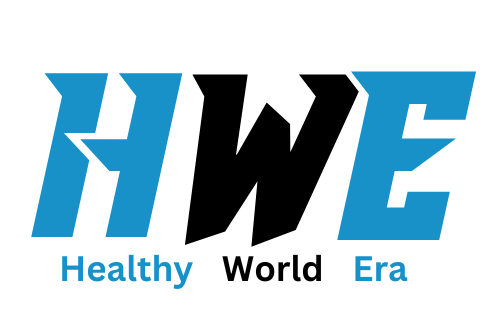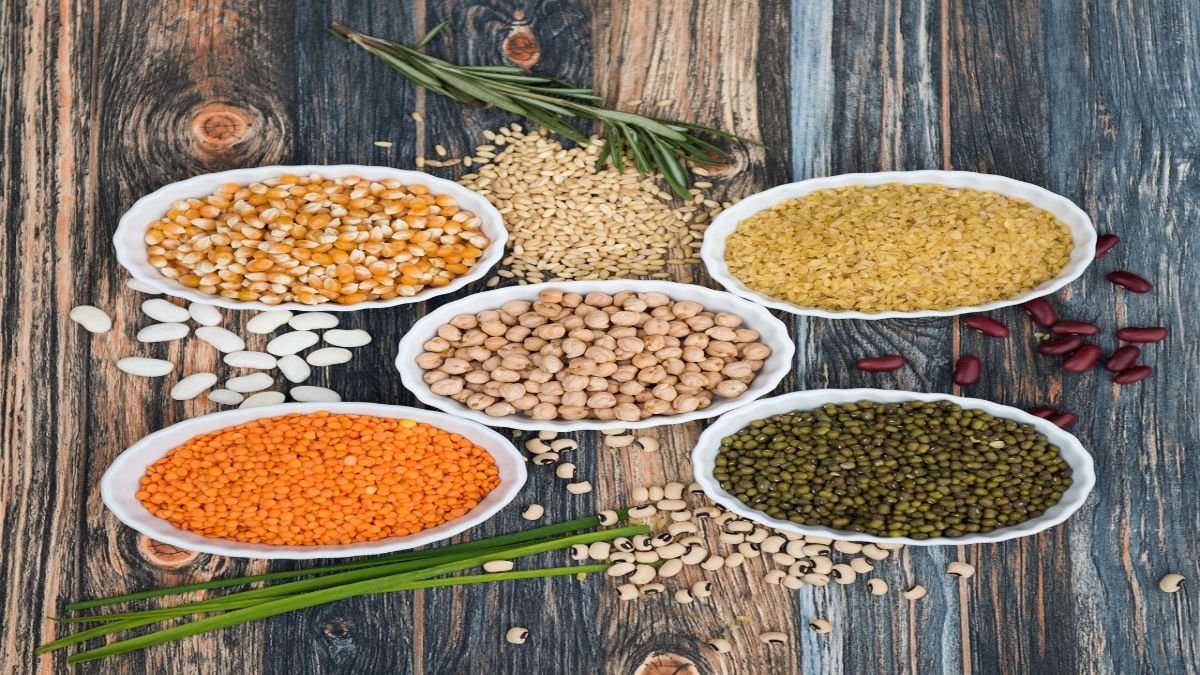Overview:
Incorporating protein-rich foods into your diet is essential for maintaining overall health and well-being. In today’s health-conscious world, adopting a vegetarian diet doesn’t mean sacrificing protein intake.
A vegetarian diet offers ample opportunities to meet protein needs while enjoying a variety of delicious foods.
Table of Contents
Why do we need protein?
Protein is an essential macronutrient composed of amino acids that play a crucial role in the proper functioning of the body.
Proteins are the building blocks of the muscles, tissues, and organs and they are also responsible for muscle repair, growth, and maintenance.
There are some amino acids that your body makes on their own which are called nonessential amino acids.
However, there are nine amino acids which are called essential amino acids that are not produced in the body, you need to derive them from your diet for the proper functioning of the body.
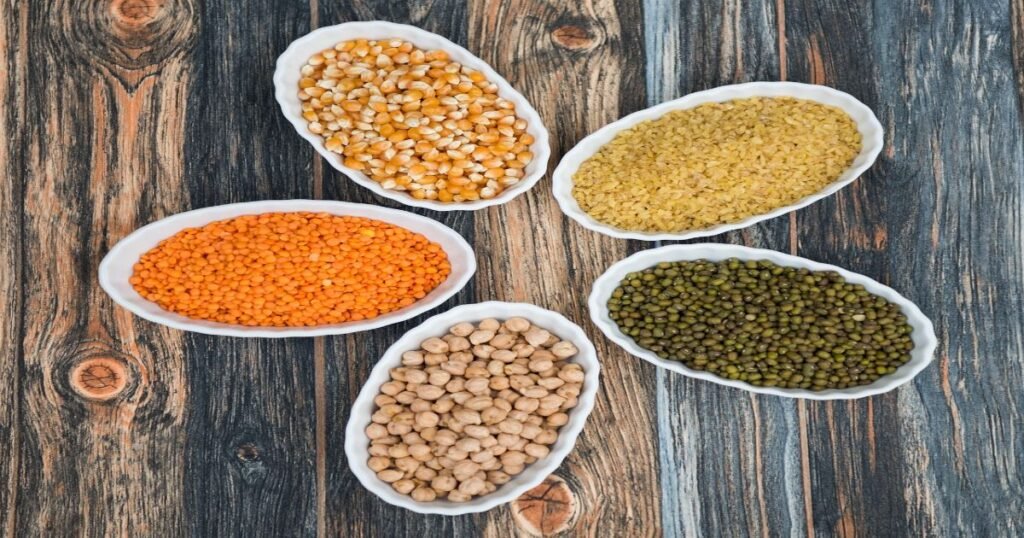
Top protein-rich foods:
1. Soya chunks:
Soya chunks are one of the best sources of protein. Soya chunks are derived from soya beans and it has low saturated fat compared to animal-based protein.
100 grams of soya chunks contain 52 grams of protein which makes it one of the best protein-rich foods.
Soya chunks also provide other essential nutrients like fats, carbs, fiber, and omega-3 fatty acids.
2. Almonds:
Almonds are nutritious nuts that are high in plant-based protein. Almonds also contain other essential nutrients like fiber, manganese, magnesium, and vitamin E.
One ounce (28.35 g) of almonds provides about 6 grams of protein.
Nuts are also a rich source of healthy fats that promote heart health.
3. Cottage Cheese:
Cottage cheese is a rich source of protein that is made from cow’s milk. It is a particular type of cheese that is low in fats and calories but high in protein.
113 grams of cottage cheese provides almost 14 grams of protein.
Cottage cheese is also a good source of calcium, vitamin B12, vitamin B2, phosphorus, and other nutrients.
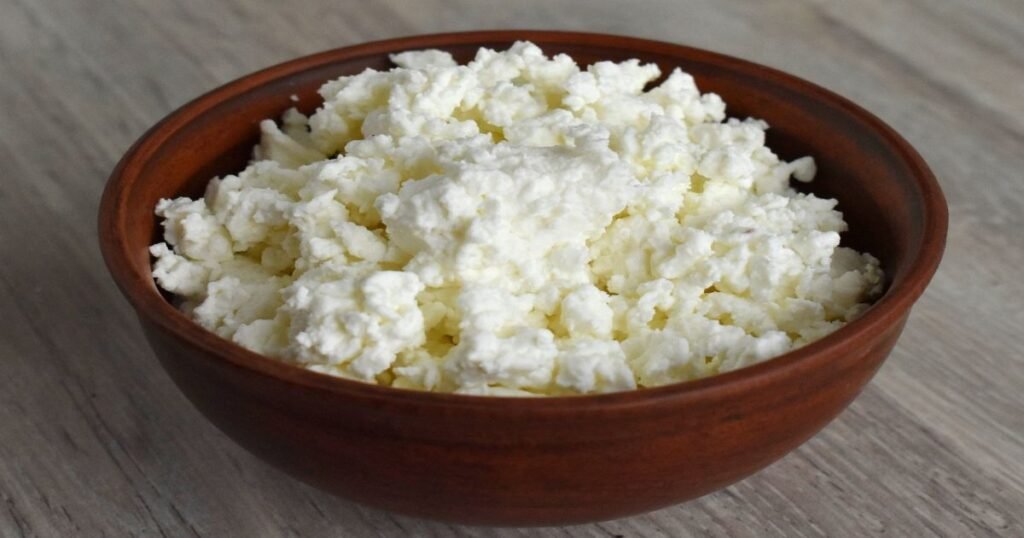
4. Lentils:
Lentils are high sources of plant-based protein. They are affordable and come in several varieties such as brown lentils, green lentils, red and yellow lentils, and specialty lentils.
100 grams of cooked lentils contain almost 9 grams of protein.
Lentils also contain other essential nutrients like folate, fiber, magnesium, iron, and copper.
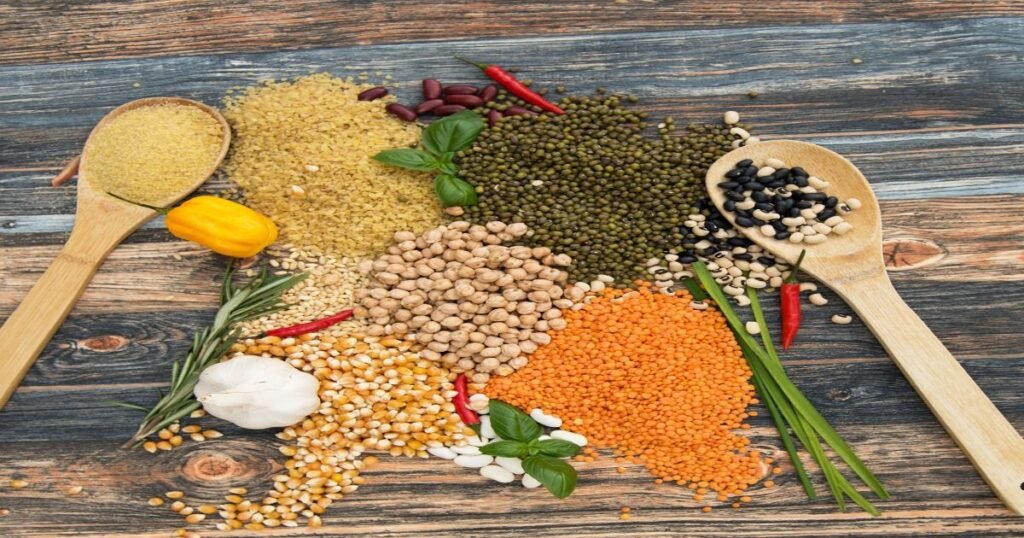
5. Greek Yogurt:
Greek yogurt is typically thicker, denser, and more protein-rich than regular yogurt. It is also known as strained yogurt as it is made by straining regular yogurt to remove extra liquid and whey.
200 grams of Greek yogurt contains 19.9 grams of protein.
Greek yogurt also provides calcium, probiotics, iodine, Vitamin B12, selenium, and zinc.
6. Peanut Butter:
Peanut butter is made from ground, dry-roasted peanuts. Peanut butter contains protein and also other nutrients like vitamin E, vitamin B3, folate, manganese, magnesium, and iron.
100 grams of peanut butter provides 25 grams of protein, which makes it one of the best protein-rich foods.
It is a calorie-dense food that contains high amounts of fats. So you should incorporate it in a moderate amount in your diet.
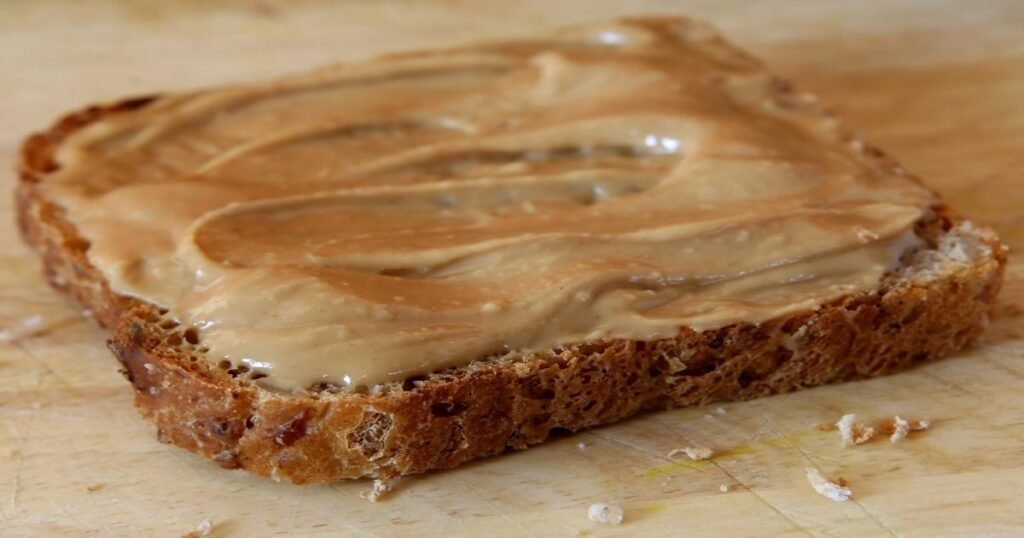
7. Pumpkin Seeds:
A pumpkin seed, also known as a pepita, is the edible seed of a pumpkin. It is loaded with plant-based protein, antioxidants, magnesium, zinc, and unsaturated fats which may also promote heart health.
30 grams of pumpkin seeds provide 8.9 grams of protein, thus making them one of the high sources of protein.
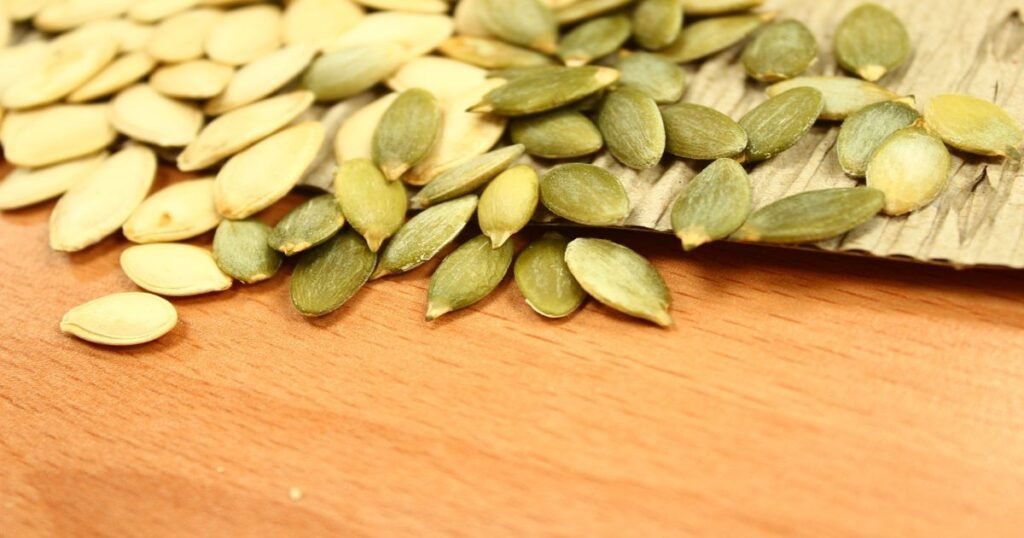
8. Oats:
Oats are a species of cereal grain grown for its seed. Oats are a nutritious food that contains protein, fiber, fats, carbs, folates, zinc, iron and other nutrients.
1 cup(81 grams) of oats contains 10.7 grams of protein.
Oats help in lowering cholesterol and promoting heart health and they also contain fiber beta-glucan which helps boost immunity.
9. Milk:
Milk is a complete food that contains almost all the essential nutrients that your body requires. It is an excellent source of high-quality protein.
A cup(246 mL) of milk contains 8 grams of protein.
However, people with lactose intolerance should avoid milk and other dairy products as they can’t tolerate the sugar (lactose) in milk.
10. Quinoa:
Quinoa is a nutrient-rich food that contains protein, fiber, folate, iron, zinc, and antioxidants.
One cup(185 grams) of quinoa contains almost 8.4 grams of protein.
Quinoa is often referred to as a complete protein because it contains all nine essential amino acids. Essential amino acids are those acids that your body can’t make, so you need to derive them from your diet.
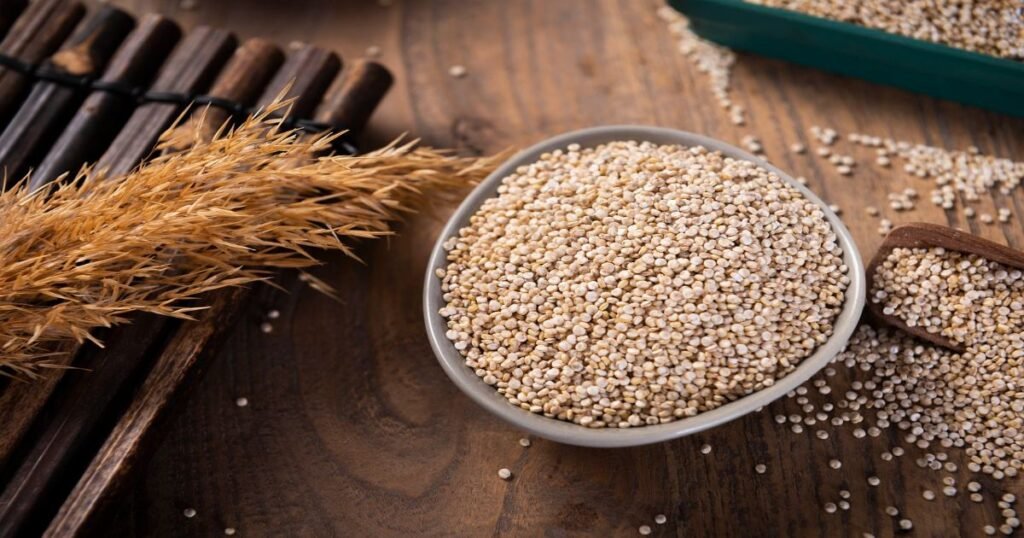
Conclusion:
Incorporating protein-rich foods into your diet offers numerous health benefits, from supporting muscle growth and repair to helping in weight management and promoting overall well-being.
By diversifying your protein sources and balancing them with other essential nutrients, you can enjoy a well-rounded diet that fuels your body and helps you thrive.
FAQs:
How do vegetarians get protein?
Vegetarians get their protein from plant-based products and dairy-based products like lentils and legumes, soya chunks, oats, quinoa, peanuts, almonds, cottage cheese, milk, Greek yogurt, etc.
What fruits are high in protein?
Guava, avocado, kiwis, apricots, jackfruit, passionfruit, blackberries, and cherries are among the highest-protein fruits that will help you fulfill your protein requirement.
